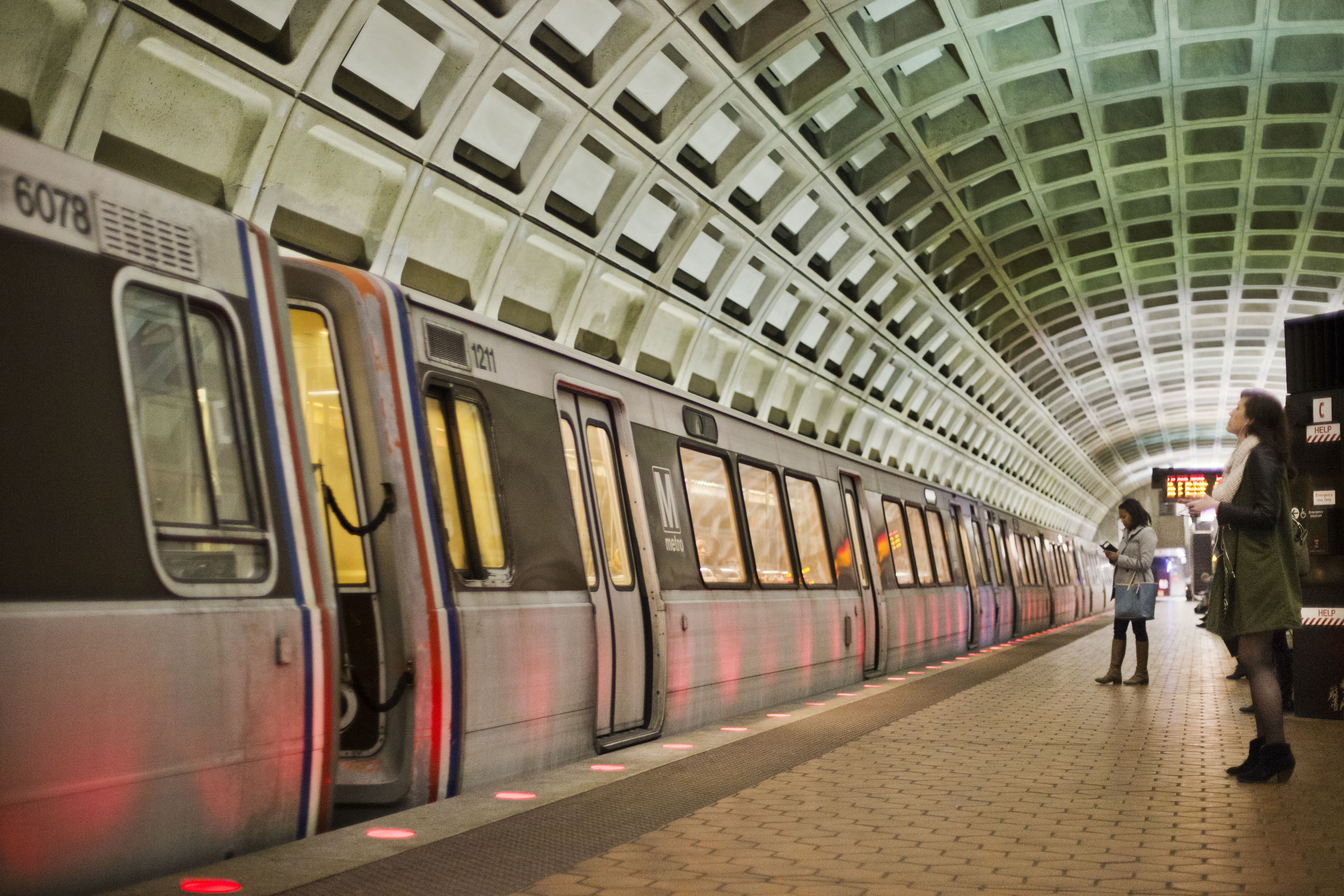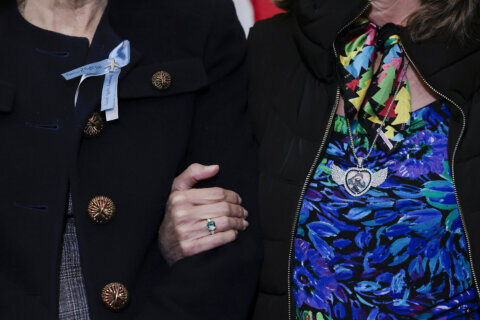WASHINGTON — Metro is looking at ways to cut costs on Metrobus service, with one proposal being to return local services to local jurisdictions.
During the negotiations on a Metro budget earlier this year, board members floated the concept as one way to possibly save costs in the future.
Metro operates 161 bus routes in D.C., Maryland and Virginia at an annual operational cost of $426 million. Subsidies from the local jurisdictions make up about $293 million of that. Metro defines 106 of the 161 routes as regional, 55 as non-regional. One proposal would revert the 55 non-regional routes to control of the local jurisdictions.
According to a presentation to be delivered on Thursday, Metro could save about $70 million in direct costs and $52 million in subsidies if it chose to only operate regional bus service.
Metro acknowledges such an option faces several hurdles. For one, Metro suggests that a definition of regional bus service established in 1998 is too vague and open to interpretation.
One would think a regional bus would be one that crosses between counties or jurisdictions. However, Metro also defines it as one that serves at least one regional activity center, travels a considerable distance on arterial roads or achieves cost efficiency. But what is a considerable distance? Metro says it needs to update the definition of regional.
The bigger problem is getting local support. Not all of the local jurisdictions are interested in exploring the transfer of Metrobus routes back into their domain.
Metro also admits that the savings in direct costs and subsidies may not translate into savings for the local governments.
Metro offers a couple of ideas on how to reduce costs in other areas to lower the overall budget impact. One idea is the break the cycle of the slow bus, whereby buses get stuck in traffic and can’t meet the schedules; riders become unhappy; Metro adds more buses and costs go up.
Another idea is to reduce dwell times. Metro could build machines to encourage off-board fare payment rather than swiping at the machine next to the bus driver. Metro suggests the annual savings in five corridors within the District would be $2.6 million.
Metro will begin a regional bus study over the next year to explore these issues.







